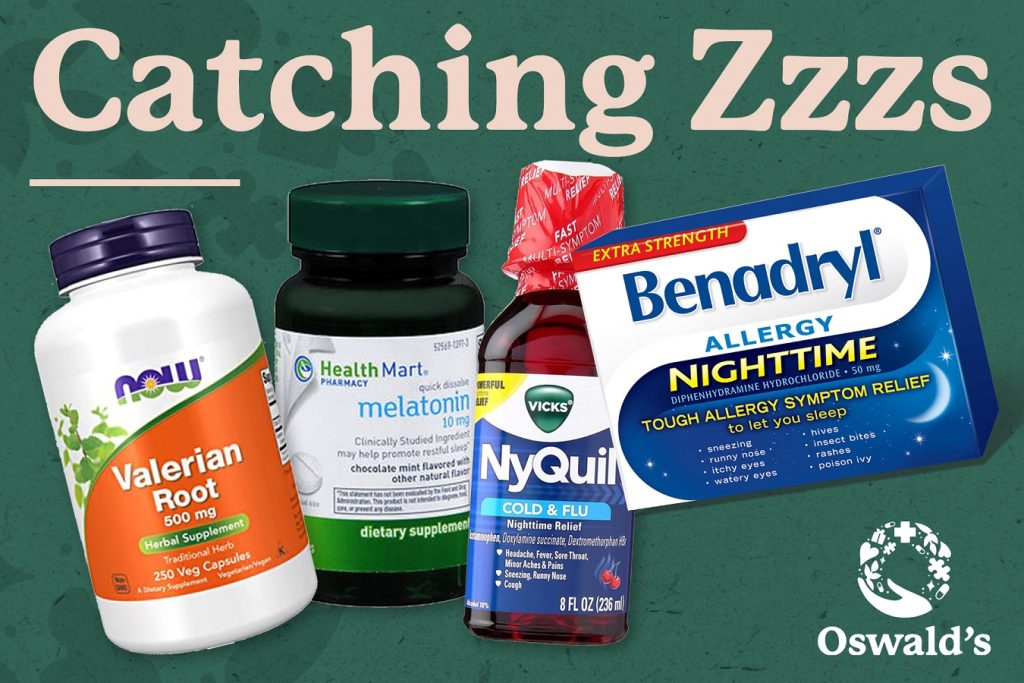Insomnia, which is difficulty falling asleep, maintaining sleep, or experiencing non-restorative sleep, is the most common complaint in general medical practice. Sleep disturbances cause significant distress or impairment in social, occupational, educational, academic, behavioral, and other important areas of functioning.
Signs of sleep deprivation include drowsiness during the day, falling asleep within 5 minutes of lying down, driver fatigue, and caffeine/stimulants that cannot overcome drowsiness. On average, babies need ~20 hours of sleep/day, teens need ~9 hours of sleep/day, and adults need ~8 hours of sleep/day.
One-third of adults experience insomnia, which can be caused by many factors and can either be transient (a few nights), short-term (< 3 months), or chronic (> 3 months). Below are just some factors that can be linked to insomnia:
| Situational | Medical | Psychiatric | Pharmacologic |
|
|
|
|
It is important to identify/correct the underlying cause and implement good sleep hygiene to treat transient and short-term insomnia. Some sleep aids are available over-the-counter as well, but should only be used as needed.
Ways to Implement Good Sleep Hygiene |
|
Over-the-Counter Sleep Aids |
|
If the above methods mentioned do not improve your insomnia, then talk to your healthcare provider as there may be prescription medications that can help.


